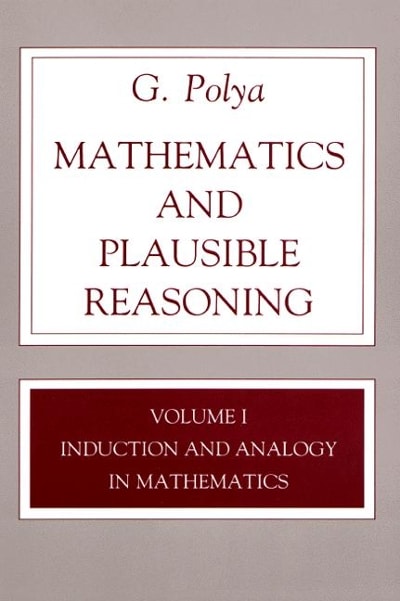Question
1. Estimate the zero of () = 3 3 + 5 2 + 2 + 1 using Newton's method with three iterations starting at 1
1. Estimate the zero of () = 33 + 52 + 2 + 1 using Newton's method with three iterations starting at 1 = 1. Use graphing technology to determine the value of the zero, and show the error between the estimated value and the graphed value.
2. Let be a twice-differentiable function with (1) = 7 and (7) = 1 and let () = (()). a) Justify why there must be a value , where 1 < < 7, such that () = 1.
b) Justify that (1) = (7) and that there exists a value such that on (1,7) where () = 0.
3. Consider the function () = 3 4 + 2.
a) Determine the absolute minimum and absolute maximum of () over the interval [1, 2]. b) Does your answer change if the interval is (1, 2)? Explain.
Step by Step Solution
There are 3 Steps involved in it
Step: 1

Get Instant Access to Expert-Tailored Solutions
See step-by-step solutions with expert insights and AI powered tools for academic success
Step: 2

Step: 3

Ace Your Homework with AI
Get the answers you need in no time with our AI-driven, step-by-step assistance
Get Started


